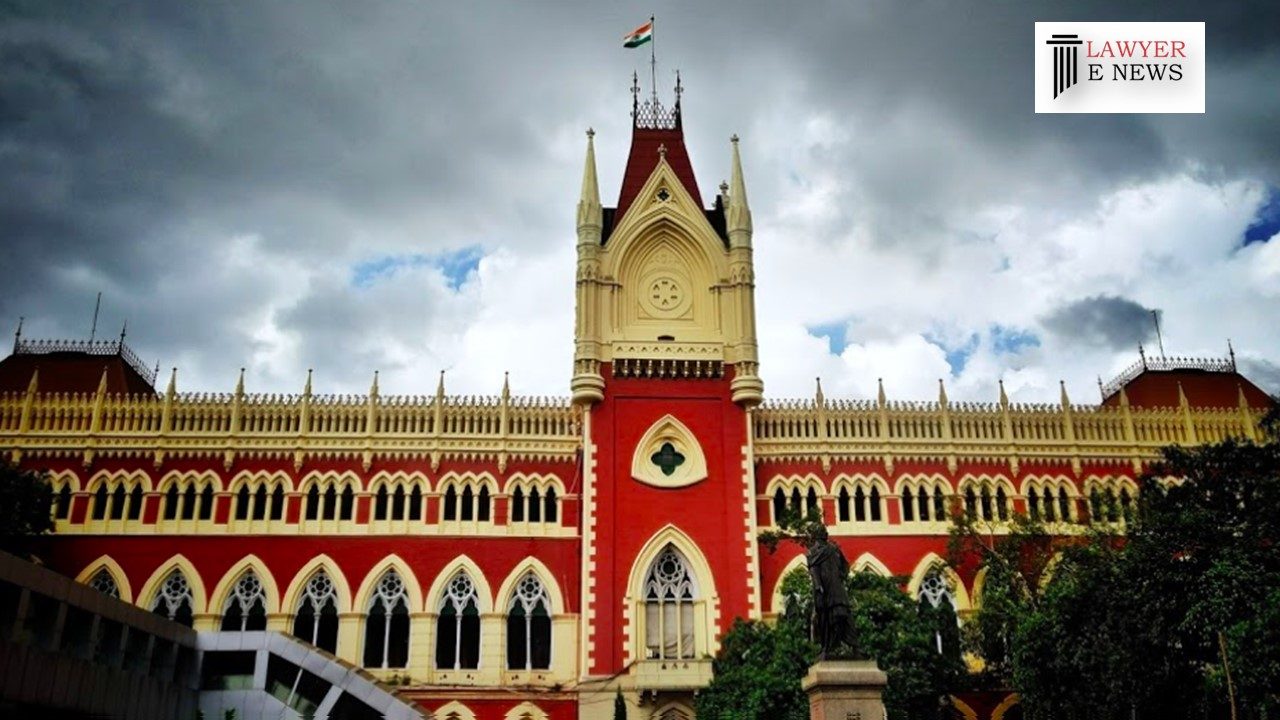-
by Admin
15 February 2026 5:35 AM



In a landmark ruling, the Calcutta High Court has mandated that Vodafone Idea Limited must obtain a license from the Indian Performing Right Society Ltd. (IPRS) and pay royalties for the commercial exploitation of musical and literary works integrated into sound recordings. The judgment, delivered by Justice Ravi Krishan Kapur on May 17, 2024, emphasizes the strengthened rights of authors under the amended Copyright Act of 2012, which includes mandatory royalty sharing for the public communication of these works.
Facts of the Case: The dispute involved Vodafone Idea Limited (Vodafone), Saregama India Limited (Saregama), and the Indian Performing Right Society Ltd. (IPRS). Vodafone, providing telecommunication services, included value-added services like pre-recorded Caller Ring Back Tones (CRBT) featuring musical works. Saregama, engaged in the production and distribution of sound recordings, had assigned the rights to these works to IPRS, a copyright society. The crux of the case was whether Vodafone needed to secure a separate license from IPRS and pay royalties for using these works.
Credibility of the IPRS Claim: The court recognized the statutory framework that mandates license procurement from IPRS. “Vodafone is statutorily obliged to procure licenses from IPRS and pay royalties, even if it has entered into agreements with Saregama for the exploitation of sound recordings,” Justice Kapur noted, emphasizing that Saregama had assigned the underlying musical and literary rights to IPRS.
Rights of Authors: The judgment detailed the strengthened legal protections for authors introduced by the 2012 amendments to the Copyright Act. “The amendments grant specific rights to authors of literary and musical works, including mandatory royalty sharing for public communication,” the court observed. These amendments prohibit authors from renouncing their rights to royalties and require commercial exploiters of such works to comply with these provisions.
Role of Saregama and Legal Limitations: The court examined Saregama’s role and limitations in licensing these works. Justice Kapur stated, “Saregama, having assigned its rights in musical and literary works to IPRS, cannot grant Vodafone rights to exploit these works. Any assignment by Saregama to Vodafone is void under the amended Copyright Act.” This highlighted that Saregama could not license what it no longer owned.
The court extensively reviewed the principles of copyright law, focusing on the amendments made in 2012 that protect the rights of authors. “The statutory changes prohibit authors from renouncing their rights to royalties, and commercial exploiters of such works are required to comply with these provisions,” the judgment noted. The court further clarified that these changes ensure authors receive royalties for the use of their works, independent of agreements between commercial entities like Vodafone and Saregama.
Justice Kapur remarked, “The corroboration provided by the statutory amendments is a significant factor that lends credibility to the IPRS’s claims, especially in ensuring the rights of authors are protected.” This underscored the court’s stance on upholding the legislative intent behind the amendments.
The Calcutta High Court’s ruling underscores the judiciary’s commitment to enforcing the strengthened copyright protections for authors under the 2012 amendments. By mandating Vodafone to obtain licenses from IPRS and pay royalties, the judgment reinforces the legal framework that ensures fair compensation for the use of musical and literary works. This decision is expected to set a significant precedent, impacting future cases and emphasizing the importance of complying with copyright regulations.
Date of Decision: May 17, 2024
Vodafone Idea Limited vs. Saregama India Limited & Anr.
